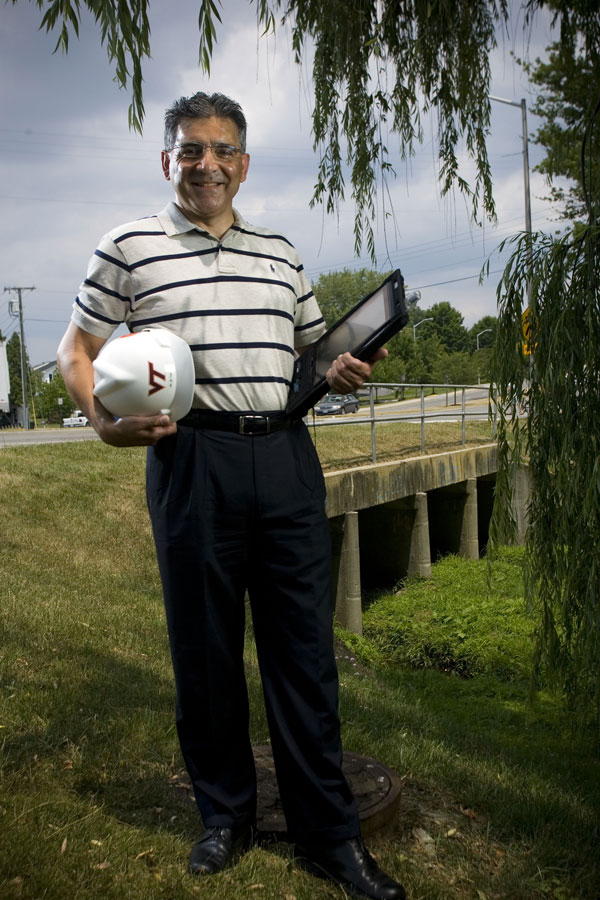Jesus M. de la Garza appointed to National Research Council board

Jesus M. de la Garza, the Vecellio Professor of Civil and Environmental Engineering at Virginia Tech, is a newly appointed member of the National Research Council’s Board on Infrastructure and the Constructed Environment.
This board advises the executive and legislative branches of the federal government and the private sector on questions of technology, science and public policy; and the relationship between the constructed and natural environments and their interaction with human activities.
The board brings together an independent forum of expertise from a wide range of scientific, engineering, and social science disciplines to address problems and issues in these areas. They also develop strategic plans and oversees committee activities involving studies, briefings, workshops, symposia, and a variety of information dissemination activities.
He specializes in construction engineering and highway infrastructure management; and he is a member of the university’s Myers-Lawson School of Construction. de la Garza has led efforts to identify innovative ways to measure the effectiveness of the performance-based road maintenance contracts that the Virginia Department of Transportation awards. The evaluation for effectiveness focuses primarily on the physical level of service of the interstate.
de la Garza recently ended a three-year tour at the National Science Foundation’s Civil and Mechanical Systems Division as program director of the Information Technology and Infrastructure Systems program. He is the co-chair of the academic committee of the Construction Industry Institute and the associate editor of the American Society of Civil Engineer’s Journal of Construction Engineering and Management.
Virginia Tech’s College of Engineering is internationally recognized for its excellence in 14 engineering disciplines and computer science. The college’s 5,700 undergraduates benefit from an innovative curriculum that provides a hands-on, minds-on approach to engineering education, complementing classroom instruction with two unique design-and-build facilities and a strong Cooperative Education Program. With more than 50 research centers and numerous laboratories, the college offers its 1,900 graduate students opportunities in advanced fields of study, including biomedical engineering, state-of-the-art microelectronics, and nanotechnology.




